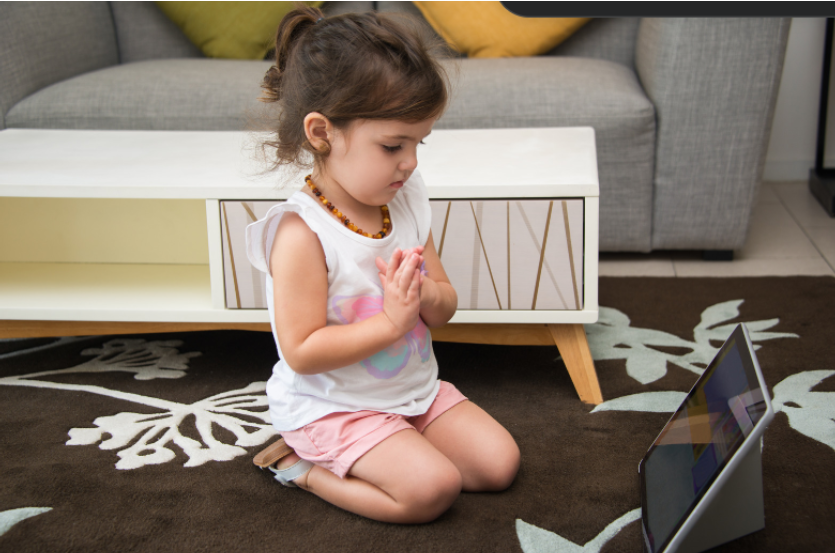
Most parents have a love/hate relationship with screens when it comes to their children. Screens can be entertainment, a social outlet and a babysitter while dining out, but most parents have concerns about the impact on their children’s social development.
Research from a study on social isolation and its impact on child and adolescent development housed in the National Library of Medicine supports a “strong association between social isolation and anxiety and depression in children and adolescents”. It also reports “higher levels of cortisol and worse cognitive development”, which can impact school performance.
Another study found that these negative effects can extend into adulthood, as socially isolated children have been found to have worse health outcomes compared to their more engaged peers.
Busy schedules and perceived threats to safety can make parents fill time with screens. As child psychologist Melissa Sporn points out, “overscheduling limits socializing and parents’ efforts to protect kids from danger outside, which leads to more inside time on computers and phones”. Indeed, spontaneous play is thwarted by structured family schedules so that even with lots of people around, individual children can feel isolated and turn to screens for connection.
Solutions aren’t as obvious as just taking away the screens. The Mayo Clinic offers 6 tips to reduce children’s screen time, which include creating “phone-free zones” and cutting screen time in half.
Face-to-face time (without a screen in between) can reduce anxiety and improve cognitive development. Summer is a great time to try!
